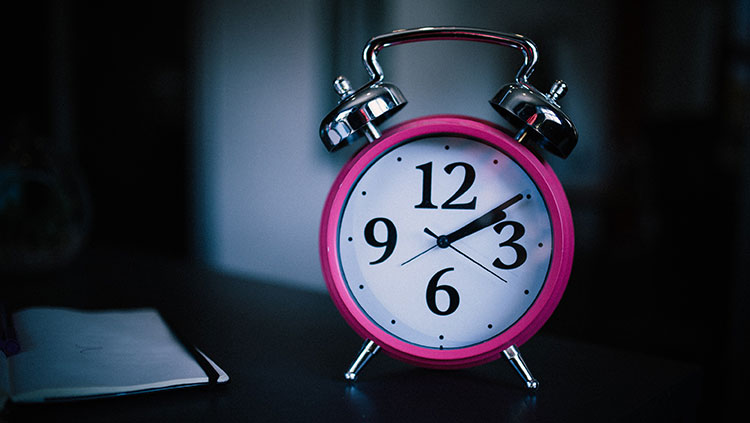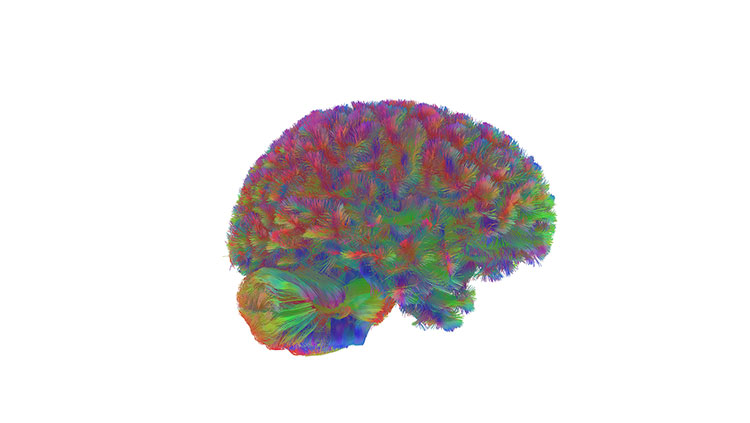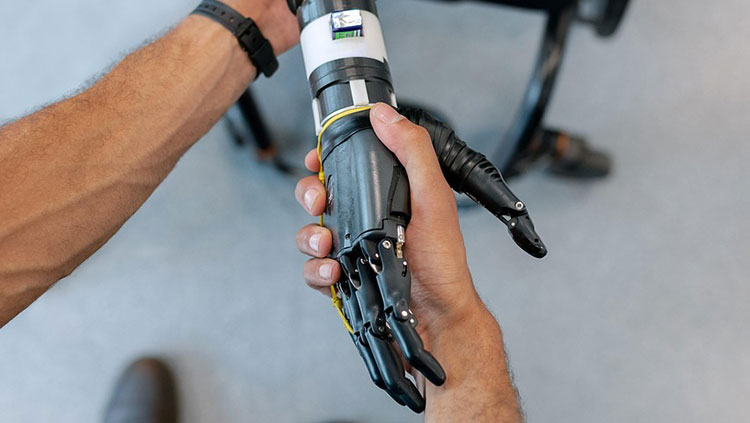ICYMI: Sleep Timing Affects Heart Health
- Published22 Dec 2021
- Author Alexis Wnuk
- Source BrainFacts/SfN

Not getting enough quality shuteye is bad for your health. Countless studies link chronic sleep loss to a host of health problems, including diabetes, heart disease, dementia, and cancer. A new study suggests your bedtime may also be important: people who go to bed between 10 and 11 p.m. have a lower risk of heart disease than people who turn in earlier or later, researchers reported November 9 in the European Heart Journal – Digital Health.
They tracked the sleep habits of more than 88,000 British adults for one week between 2013 and 2015 using wrist-worn activity trackers. Several years later, they compared rates of heart disease for different bedtime groups. People who went to bed before 10 p.m. or after midnight had about a 25% greater likelihood of developing heart disease than people who went to bed between 10 and 11 p.m. People who fell asleep between 11 p.m. and midnight had a 12% higher risk of developing heart disease than the 10 to 11 p.m. group. Women in the study were especially vulnerable: those who went to bed after midnight were 63% more likely to develop heart disease.
Big picture: Our circadian rhythms control everything from when we feel most alert to how we metabolize food. Light exposure entrains these rhythms by hitting the reset button on our body’s master clock, the brain’s suprachiasmatic nucleus. While we may differ slightly in our preferred sleep onset timing, or chronotype, humans have evolved to follow the natural daylight cycle. Deviating too far from that timing, as this study shows, may hurt our health.
Read more: Scientists may have found the perfect bedtime to keep hearts healthy. The Washington Post
More Top Stories
- Poor diet may explain the gut microbiome alterations in children with autism. WIRED
- Drinking tea and coffee is linked to a lower risk of strokes and dementia. Popular Science
- Older adults are more likely to experience long-term loss of smell after COVID-19. Kaiser Health News
- A gel injected into the spinal cords of paralyzed mice helps them walk again. New Scientist
- People taking SSRI antidepressants are less likely to die from COVID-19. Inverse
- Teens’ recreational screen time doubled during the pandemic. USA Today
- Exercise spurs production of feel-good endocannabinoid chemicals. Miami Herald
- Using marijuana during pregnancy increases anxiety, aggression, and hyperactivity in kids. The New York Times
CONTENT PROVIDED BY
BrainFacts/SfN
Also In Neuroscience in the News
Trending
Popular articles on BrainFacts.org



















